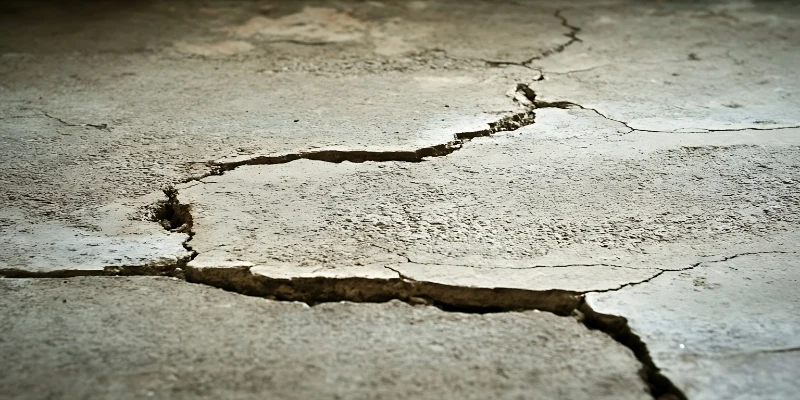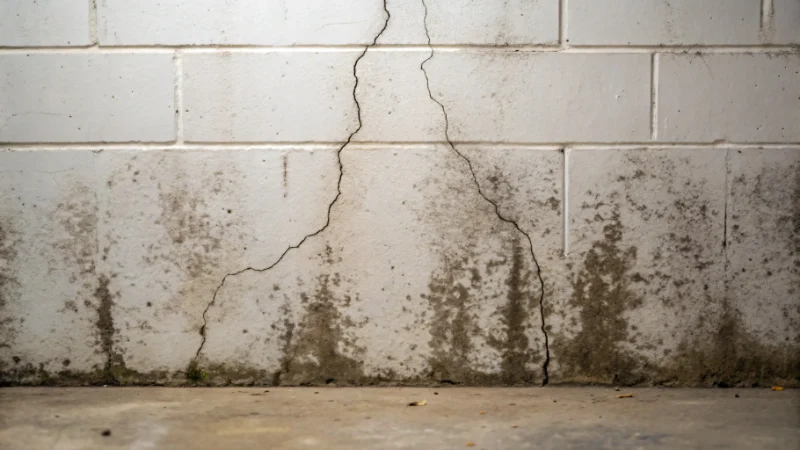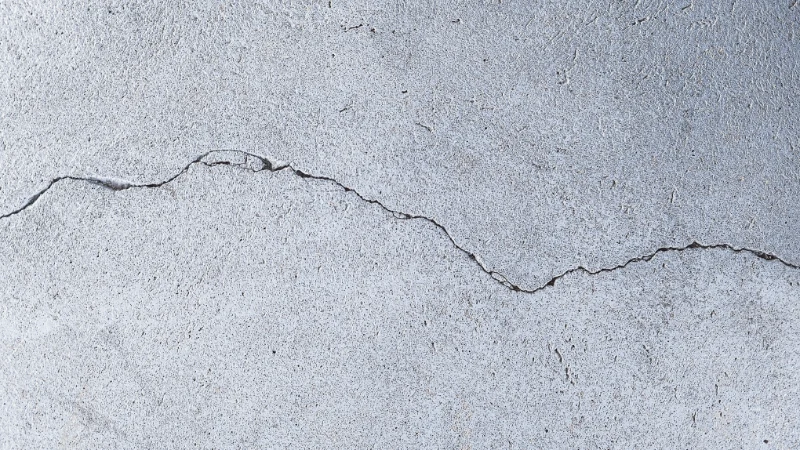Basement Crack Repair: A Sign of Foundation Problems
Cracks in your basement walls may seem like a minor issue at first—but they’re often an early warning sign of serious foundation problems. Over time, pressure from surrounding soil and water can cause your basement walls to crack, bow, or even leak. Left unchecked, these issues can compromise the structural integrity of your entire home.
That’s why it’s essential to inspect your basement regularly and take action at the first sign of damage.
Common Signs of Basement Wall Problems
Many homeowners don’t realize they have a foundation issue until the damage becomes more obvious. Watch for these warning signs:
- Thin “spider” cracks in walls
- Water stains or leaking through cracks
- Bowing or bulging walls
- Horizontal, vertical, or stair-step cracks
- Musty odors or mold growth
These symptoms may indicate foundation settlement, hydrostatic pressure, or other structural concerns.
What Causes Cracks in Basement Walls?
Cracks typically form due to foundation movement, which can be caused by:
- Soil expansion and contraction due to moisture changes
- Improperly compacted soil beneath the foundation
- Poor drainage around the home
- Extreme weather (drought, freezing, or heavy rain)
As the soil shifts, the foundation can settle unevenly causing stress and cracks in the basement walls. If not addressed early, this can lead to serious structural problems.
Other Signs of Foundation Issues
If you see cracks in your basement, check for other common symptoms of foundation problems:
- Cracks in floors or ceilings
- Leaning or bowing walls
- Sloping or uneven floors
- Sticking windows or doors
- Gaps around windows or between walls and ceiling
- Leaning chimney
- Problems with stairs, stoops, beams, or posts
Call in Experts
Whether you’re seeing early signs of trouble or dealing with more advanced damage, we can help you find a local expert to assess and repair the issue.
Don’t wait for small cracks to turn into major repairs.
Contact us today to schedule a foundation inspection and take the first step toward protecting your home.


